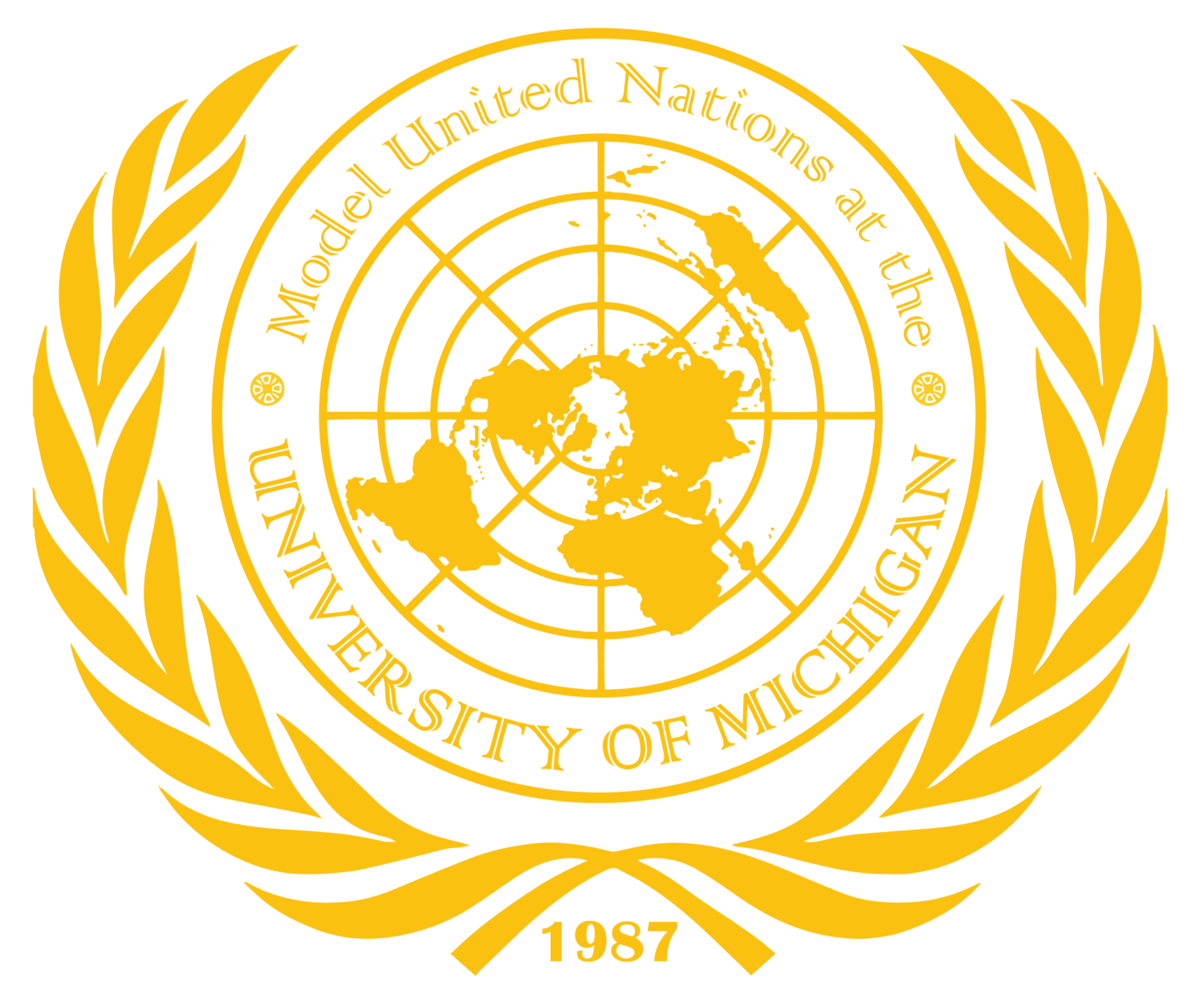By: Sophia Rich
This morning starting off with a huge shock for delegates in the 2011 Japanese Reconstruction Agency, a local news channel alerted the committee that another Tsunami had just hit Japan causing a critical dent in Japan’s food supply and leaving many Japanese people in search of their next meal. In response to this drop, delegates were given two options: To try and alleviate Japan's agricultural problems or to move forward and deal with long term solutions, after a unanimous decision, the delegates from the Japanese Reconstruction Agency set out a plan to spend the rest of this committee session on working towards long term solutions!
After spending no more than 5 minutes in this committee, it was immensely clear that this was a group of like-minded delegates working towards a reasonable and ethical solution. The Tohoku earthquake, tsunami, and nuclear disaster had left a lasting effect on all of the delegate’s people whom they represent and it was abundantly obvious that this was a united committee in which the primary focus was the people of Japan. Ideas arose quickly after this news drop, delegates decided to focus on two pillars of stability: How to shift towards a cleaner energy system (long-term) and how to mitigate this social and economic damage (short-term).
In terms of shifting towards a cleaner energy system, delegates immediately began to brainstorm, and new proposals flooded the discussion room. It was in unanimous agreement that nuclear energy was no longer an effective option for the nation of Japan to rely on. Delegate Mizuho Fukushima suggested that this committee focus on wind energy as it is applicable to Japan’s environment and wind speeds near water are reliably successful and fast. Modern solutions such as geothermal and hydroelectric power were also brought up in committee but were only explored on the surface level. It is agreed upon in committee that nuclear energy was a direct cause of this explosion and it must be eliminated in some form. A gradual decrease of nuclear energy use was also proposed in committee and was well received by most delegates.
Delegates also felt it was necessary to address some of the more urgent damage that needed to be taken care of. Japanese working class people, primarily people working in Agriculture have been put out of work and these delegated are determined to find short-term solutions that can relieve some of this economic uncertainty. An extremely innovative idea brought up by multiple delegates was to give people who had lost their jobs new jobs in areas of reconstruction and damage control, this would allow for short-term relief while also working towards long-term solutions!
The Japanese Reconstruction Agency is filled with innovative delegates seeking an ethical approach to these issues, as the day passes this committee will surely pass effective resolutions and address these urgent environmental issues!
